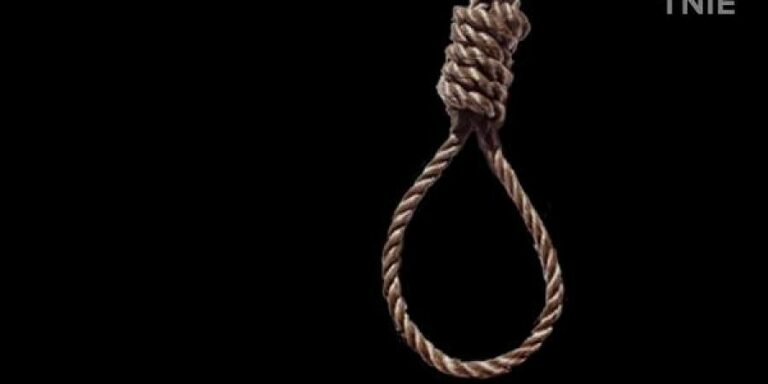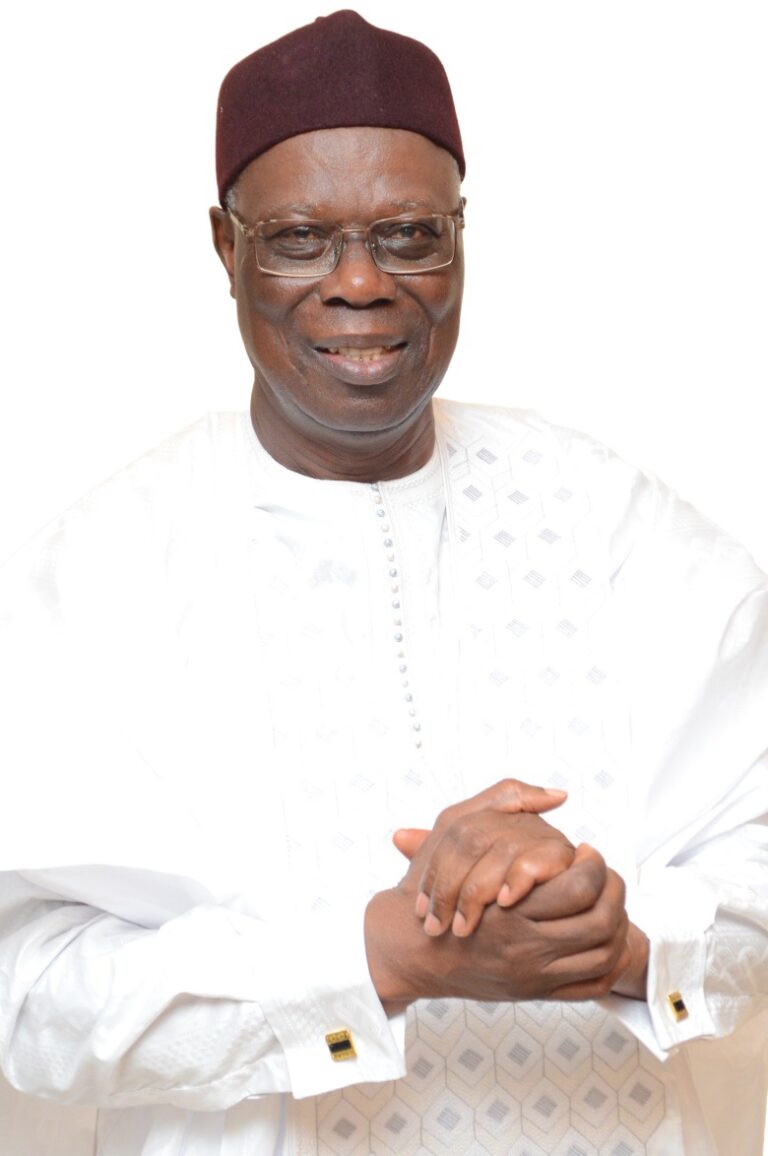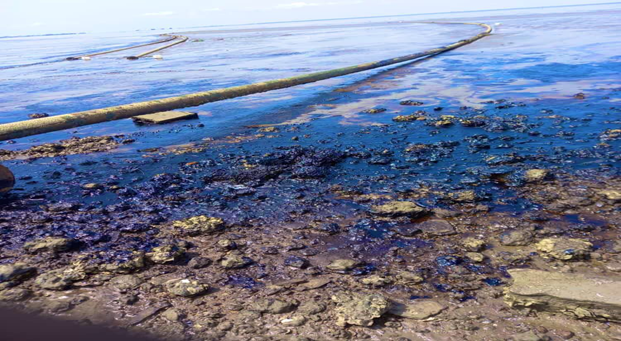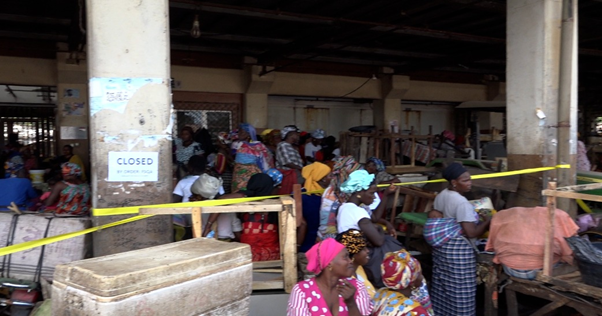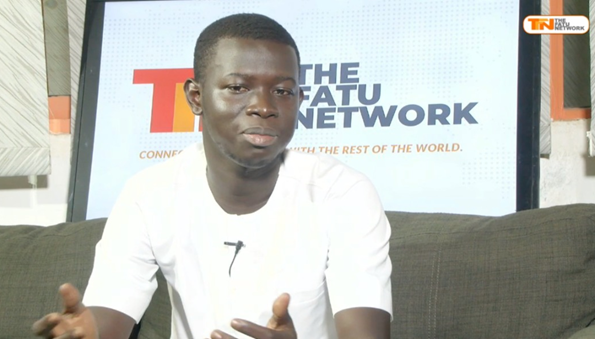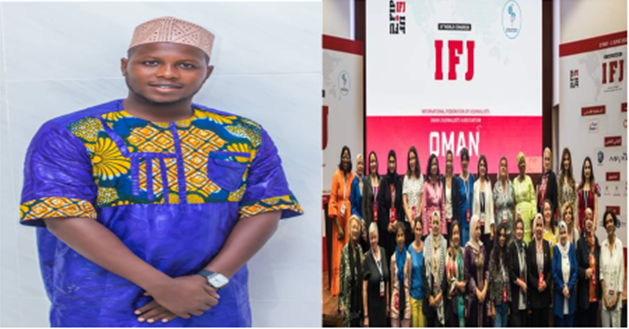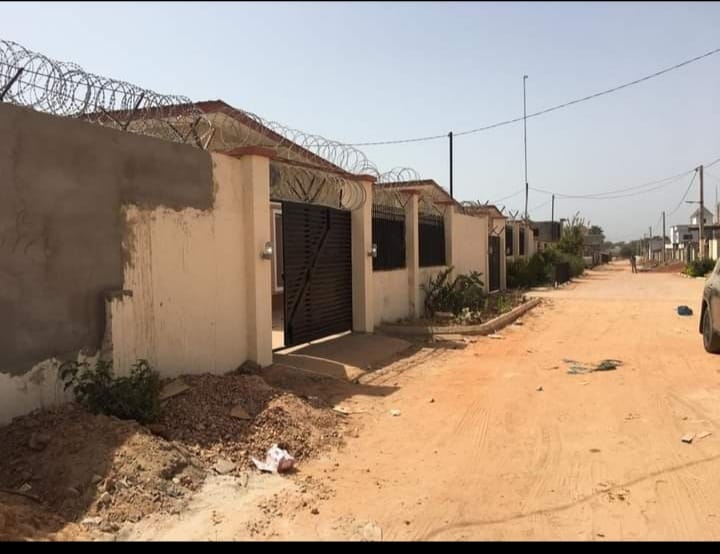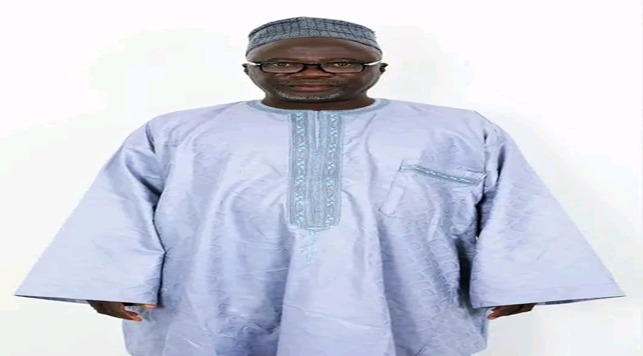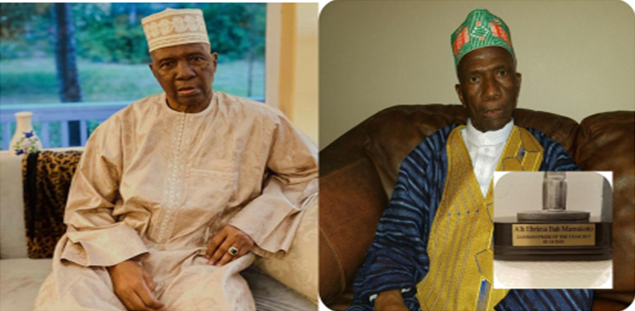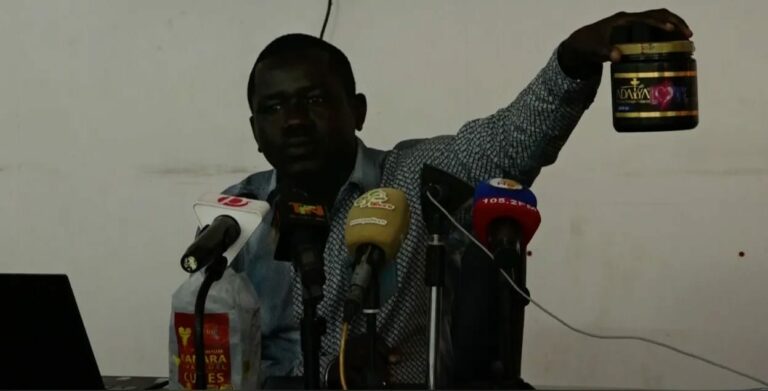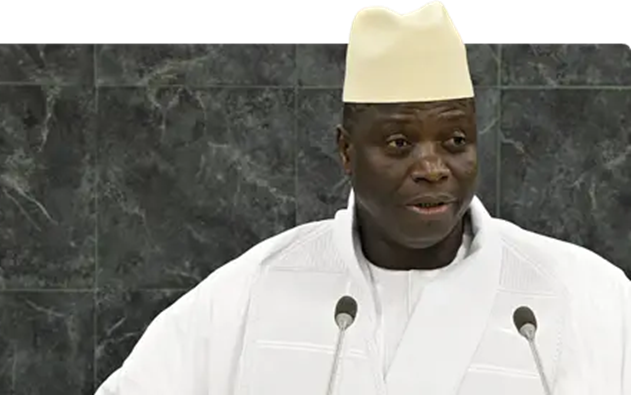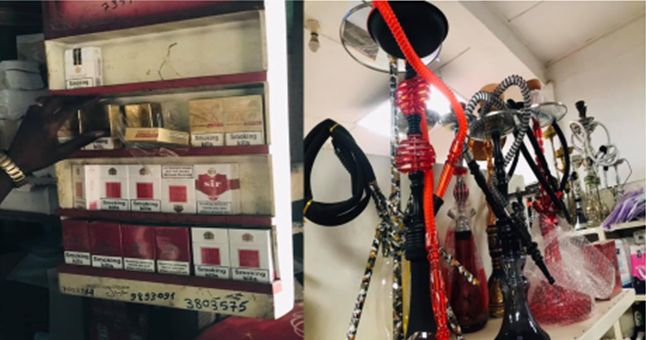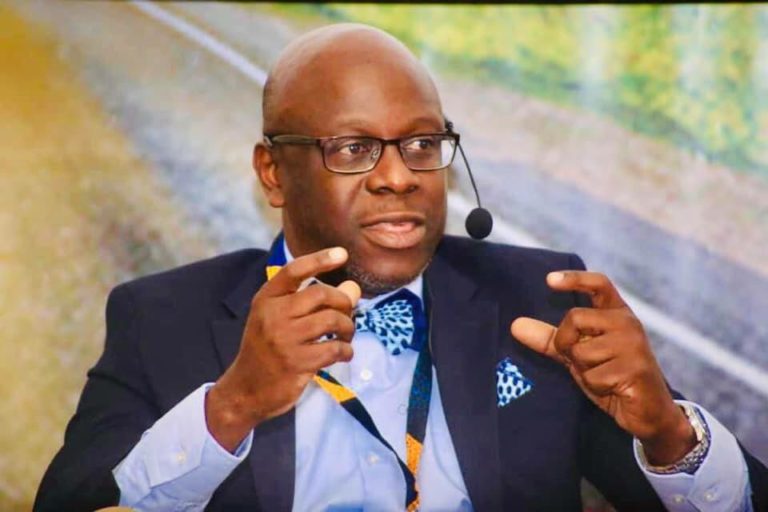By: Musa Saidykhan
May 25th 2022 opened a memorable chapter in my life – a day I received one of the biggest shocks of my life. I am still struggling to cope with the passing of Alhagie Ebrima Bah (Mamakoto) in Bakau. I have already started missing the Gambia’s Sea of Knowledge. He may be gone but his legacy cannot be erased.
I had religiously followed Mamakoto’s Menyanta flagship program on Radio Gambia for so many years before Burama Sanneh (Fabou) made the connection between me and the Legend in 2014. Both myself and Fabou wanted to tap into Mamakoto’s God-gifted Hikma (Wisdom) and allegory laden guidance to better prepare Gambians for the challenges of a post-Jammeh era. His unquestionable knowledge, wealth of experience, eloquence, unique conversation style and delivery skills were needed.
My respect for Mamakoto doubled when he referred me to his sons first before we launched Menyanta on Kairo Radio. His words still sounded in my brain: “I’m an old man who doesn’t want to do anything that may inconvenience my children. I cannot run away from national calling either but I will be more than happy if you can talk to my sons: Omar, Muntaha and Kaw. I am at their disposal.”
My discussions with Mamakoto’s well cultured sons opened the doors of not only Menyanta but my acceptance into the Bah family. I must thank Fabou Sanneh for being a vital link in Vancouver city in Washington State.
The presence of Mamakoto on our team was like Manna From Heaven, so to speak. We would later delve into everything Gambian, including discussing uncharted social issues. Our goal was to help shape a Gambia where diverse people live in peace and tranquility. Kairo Radio will keep Mamakoto’s legacy alive by sharing all Menyanta programs on YouTube.
Mamakoto still remained glued to me, Imam Ceesay, Yaya Dampha and Kemo Barrow even after the Menyanta program ceased to run on Kairo Radio. He joked with us nicknaming Dampha Sulu (wolf). He had widened my connections and wanted us to talk at least three times a week. “I know you are a very busy man but you need to spare time for your father,” he repeatedly told me. Our bond became so strong that brother Kaw would sometimes open communication lines between us saying, “Baba miss your communication Mr. Saidykhan. I will be grateful if you can talk to him. For some reason, he feels happy to talk to you.” The death of his wife of 57 years on August 24th 2019 wasn’t easy for Mamakoto. I would frequently call to initiate discussion on topics of his interest. He never ceased to inspire me with his unshakable faith, daily reading of Quran and contentment. “Never forget to give praise and thanks to Allah,” was his advice. I had never regretted a minute’s chat with Mamakoto.
I had been regularly talking to Mamakoto until early March 2022 when his health started failing. He had repeatedly said, “aging is a reality and that I have no complaint against Allah.” At some point I was convinced the old man had given me a clue that his days were numbered.
Our thrice weekly calls were trimmed to one. Kaw’s March 29th missed call at 3 am was more than alarming. He quickly left a message assuring that “you don’t have to panic. Baba is fine, although he is not doing well. As a matter of fact, we are traveling to the Gambia so Baba can rest.”
I spoke to an upbeat Mamakoto twice before he left Vancouver. Our short conversation was riddled with an assuring statement. “Don’t panic because I’m in the hands of Allah, the best of Creators. Whatever Allah decrees is the best,” he said. My worries soon faded.
Through Kaw’s help I spoke to Mamakoto in the Gambia twice before he passed on. Never a single time had he manifested signs of despair in our last conversations. He was highly spirited throughout. I kept praying for my mentor, counselor and go-to person. I am naturally a very emotional person whose body communicates sadness ahead of time. My whole body became stiff hours before Mamakoto’s death was announced. I woke up from sleep and found Kaw’s missed call. I became alarmed and sensed that Baba was gone. A tribute audio message from Imam Ceesay and a call from Kaw both confirmed Baba’s death. Kaw said that “Baba passed on and because of your close relationship with him, I have called to inform you before the news goes public.” I am and will remain grateful to Mamakoto and his family.
Mamakoto was a symbol of an exceptional Gambian who had his people’s interest at heart. “I believe I love the Gambia more than any other person,” Mamakoto proudly repeated.
Mamakoto had throughout been at the forefront of everything worthwhile: religion, culture and humanitarian affairs. The icon had selflessly served his nation without expecting anything in return. All he wanted was to see a Better Gambia where people bridge their differences through meaningful dialogue rather than throwing fists. Mamakoto’s weekly Menyanta program, which premiered on Radio Gambia decades ago, taught and advocated positive cultural practices, values and mastery of Mandinka language. Menyanta, a must-listened to program which attracted listeners from across the Gambia and beyond, became so popular that it had won the next day rebroadcast rights.
Born a Fula in Georgia Town (now Jan Jan Bureh) in the Central River Region, Mamakoto had a smattering of English but spoke Wolof, Fula and Mandinka fluently. He was admired by Gambians of all tribes.
A founder member of both Gambia Islamic Union and Gambia Supreme Islam Council would not complete a conversation without preaching the benefits of being a pious Muslim. He advised people to embrace their identities: nationality, culture, religion and language. Mamakoto had championed a campaign for Gambians in the diaspora to speak to their kids in their mother tongue.
With enthusiasm and uncontested energy, he conducts weekly and fortnightly Menyanta programs on both Gambian Talents Promotion and Kairo Radio, respectively. His goal was to “help the country heal its 22 years of dictatorship wounds. It’s incumbent on those who live longer to help guide Gambians to get back to normal life,” he would say. He cautioned against fermenting seeds of discord, hatred and tribal animosity.
Mamakoto was revered by many for being Truthful and Encyclopedia for a society that has, for far too long, been searching for Wisdom, Knowledge and meanings behind unexplained stories. The Maverick with an appetite to learn was good at dissecting complex social issues, and in the process, healed unhealed wounds. “My secret,” he often said, “lies with being the backbencher; I don’t compete for anything. Wisdom lies in waiting for your turn.”
Mamakoto’s selfless services were recognized by the Gambian Talents Promotion. He was conferred Gambia Pride Award 2017 on Alhagie Ebrima Bah. Mamakoto spent over 92 years on earth serving humanity with humility, compassion and sincerity.
I extend Kairo Radio’s heart-felt condolences to the Bah family and pray for the Noble Soul of Mamakoto to rest in Janatul Firdaus.
Musa Saidykhan
Grand Rapids, Michigan
United States

